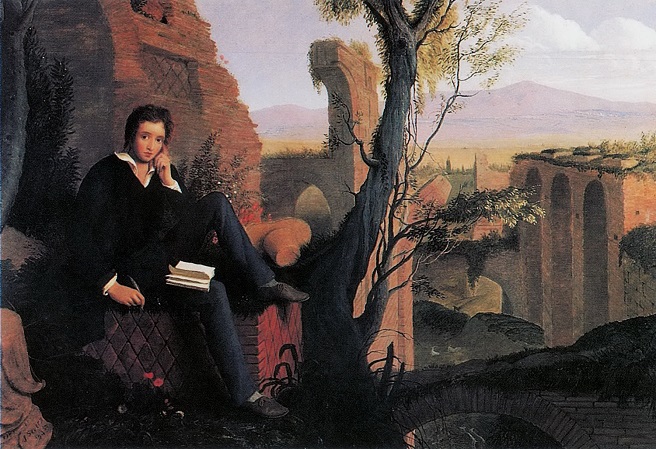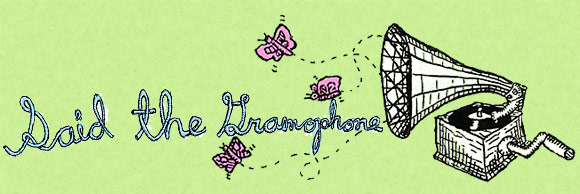
Jawbreaker - "Boxcar"
Jawbreaker - "Ashtray Monument"
Twenty years on, Jawbreaker's 24 Hour Revenge Therapy is a permanent feature of my psychic landscape. After not listening to it for a while, I recently found myself singing along to every word at full volume, and I'm only sort of ashamed to say that tears were streaming down my face as I did the dishes.
Twenty years is a long time to have a relationship with a record. It creates this weird double-vision between sixteen- and thirty-six-year-old me, where the adult yet again realizes that he still believes in everything he did then. Anarchy and poetry and punk rock forever, okay?
Jawbreaker were a great band. Their sound owed just as much to post-Revolution Summer harDCore as it did to East Bay pop-punk. But for me, it's their lyrics, written by singer Blake Schwarzenbach that have made this record endure.
Schwarzenbach brought a sharp literary sensibility to punk rock. These songs are full of word-play and wit and a huge dose of the desolate romance that was a big part of punk's appeal for certain dorks. He makes bold statements and then emphasizes them with precise images. In the break-up song "Ashtray Monument," his self-pitying declaration "No one ever said that this life was easy, / But did that no one ever live a life this hard?" is accompanied by images of disarray, a "Bottle on the night stand" and "bills . . . scattered in the yard."
"Boxcar" begins with the schoolyard taunt "You're not punk, and I'm telling everyone," followed by the singer's hilarious reply, "Save your breath I never was one / You don't know what I'm all about, / Like killing cops and reading Kerouac." These specific references give a boilerplate punk song topic (i.e. fuck the scene) a real fizz.
The brilliance of 24 Hour, though, is how light and dark are mixed through every song. The two sunniest-sounding jams, "Boxcar" -- one of the catchiest pop songs to ever come out of the underground -- and "Indictment" are both bitter laments. Similarly, the bouncy "Do You Still Hate Me?" makes light of a relationship that is hanging by a thread. On the flip side, the most menacing and heaviest song on the album, "West Bay Invitational," is about the joyous occasion of having a party and then making out with a crush.
After Jawbreaker broke up, Blake Schwarzenbach went to grad school to study the poetry of Percy Bysshe Shelley. He even briefly played in a Brooklyn punk band called Thorns of Life, whose name was a reference to Shelley's "Ode to the West Wind." It makes total sense; Shelley's wind-blown lines have a melancholic hyperactivity similar to Jawbreaker songs. He writes radical political poems, disses the older generation (Wordsworth was a total sell out), and freaks out about seeing the Swiss Alps like a zinester writing about the first time they saw the sunrise from a freight train.
Like 24 Hour, "Ode to the West Wind" plays with light and dark, contrasting the freedom of the wind with the drudge of everyday life, while evincing a rugged hope that shines through the bleakness. After bitterly wailing that he will never be as free or as wild as the wind and decrying the onset of sweater weather, Shelley ends it by proclaiming "O Wind, / If Winter comes, can Spring be far behind?" This might sound cheesy three hundred years later, as perhaps some Jawbreaker lyrics might to some listeners after two decades, but fuck it, it's true.
[buy]
(Joseph Severn - Posthumous Portrait of Shelley Writing Prometheus Unbound)
Posted by Jeff at October 6, 2015 2:16 AM



